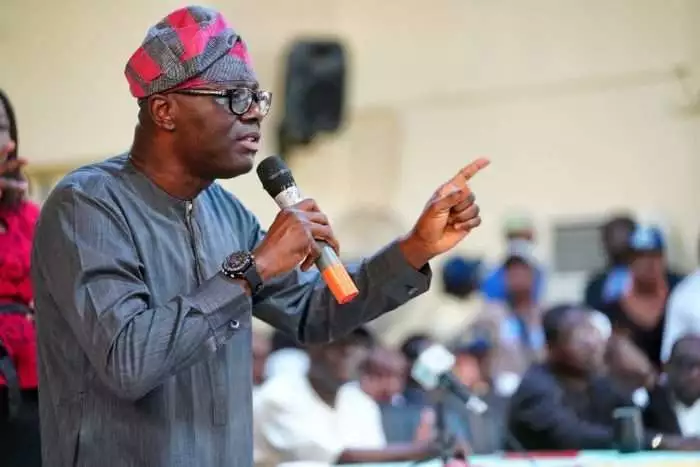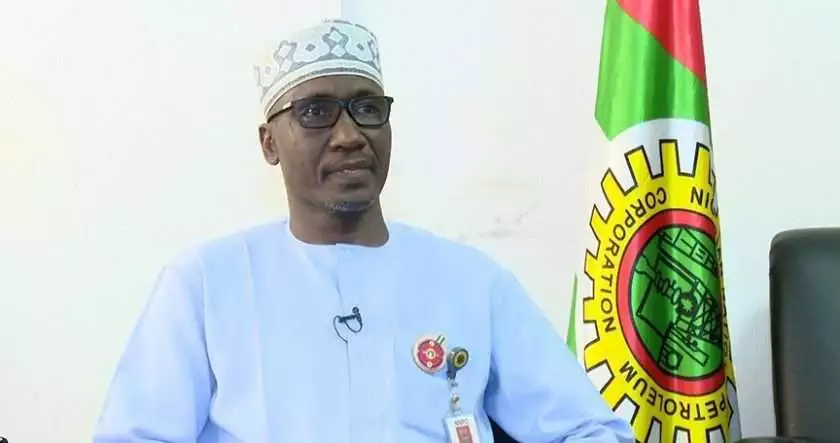By Fola James
Babajide Sanwo Olu, the governor of Lagos state made history yesterday as the first helmsman of the state of Aquatic Splendor, to borrow over N100bn in one fell swoop, less than one year in office.
What this means is that his government has decided to ignore warning that any attempt by the state to borrow more funds will raise the state’s total debt profile by over 25 percent.
As at last year, the state official domestic and foreign debt stood at over N900bn.
Critics of the government said the actual debt profile of the state must have hit over 1 trillion, considering that the financial status of the state is shrouded in secrecy, financial experts say.
Governor Sanwo-Olu first gave indication last year, his government’s intention to raise over N250 bond in the capital market to finance infrastructure in the state.
But financial experts have described the action irresponsible, warning that the state will further be plunge into debt.
Lagos is the highest state debtor in Nigeria with domestic and foreign debt valued at N479.04 bn and $1.42 billion respectively.
In an Independent Day report on October 1, 2019, the News Agency of Nigeria (NAN) described how Nigerian state debt profiles serve as impediments to democratic values and dividends.
The report observed how successive governments accumulate debts for new ones serving as obstacles for the provision of capital projects.
In the case of Lagos, insufficient funds could not be sufficient reasons to accumulate more debt, those privy to the finances of the state told the magazine.
According to insiders in Alausa, the state’s government secretariat, more than N90bn is generated as IGR monthly, apart from other statutory revenue sources available to the state.
Sources in the opposition told the magazine that the IGR could even be more, as successive government in the state have been known to be less transparent about actual funds available to the government.
Apart from the IGR, which critics of the government said is enough to take care of infrastructure and other needs of the state, statutory federal allocation is another source of revenue for the state.
In 2018, the state received close to N200bn as federal allocation according to the Ministry of Finance.
It’s highly believed that the 2019 governorship contest left a huge hole in the state’s finances, and therefore little or no funds was left for the incumbent as a start up governor.
A huge chunk of the state’s funds is usually deployed to finance elections every four years so that the ruling party can continue its hold on power, sources in the state said.
But Lagosians should worry more that the state is acquiring more debt, which by end of 2020 could hit over N1.5 trillion, as the incumbent is poised to seek more funds outside the normal threshold to finance its ambitious economic and infrastructural programmes, critics have warned.
Though the state government has insisted that the debt to GDP is still less than the 25 per cent threshold of the IMF.





